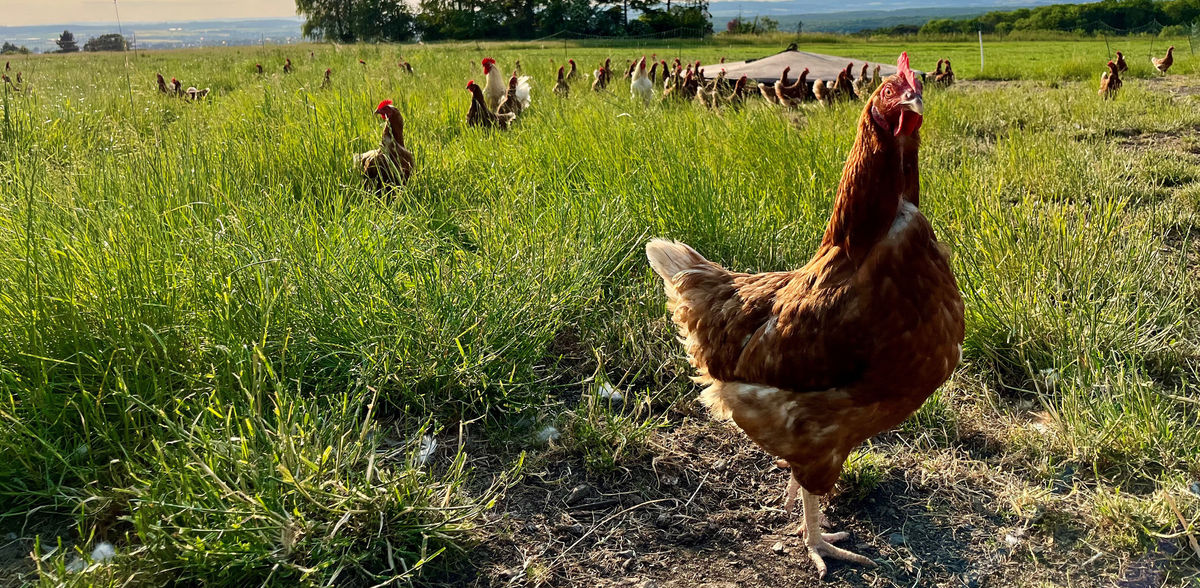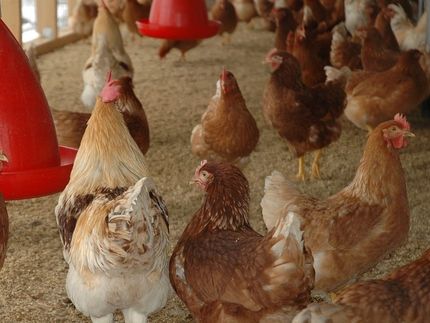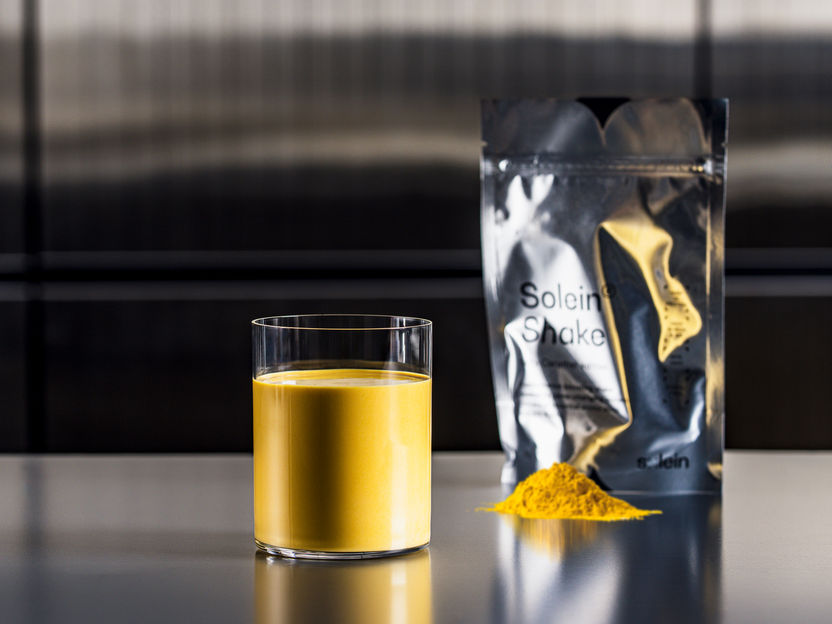Strategies for organic chicken farming
Animal friendly and sustainable
Advertisement
In sustainable agriculture, organic livestock farming is becoming increasingly important. Consumers are increasingly attaching importance to particularly animal-friendly husbandry - also in the case of chickens. poultry farming faces various challenges in this regard: On the one hand, organic chickens may only be fed raw materials that are 100 percent organically produced, according to EU regulations, which makes it more difficult to supply them with essential amino acids such as methionine and cysteine. On the other hand, the breeding of so-called dual-purpose chickens - in which female animals are bred for egg production and male animals for meat production - is playing an increasingly important role.
This is where the GreenChicken project comes in, which is being funded by the German Federal Ministry of Food and Agriculture as part of the Federal Organic Farming Program (BÖL) with a sum of around two million euros over four years. The aim of the research network of Justus Liebig University Giessen (JLU), Probenda GmbH and the Research Institute of Organic Agriculture (FiBL) is to develop sustainable feeding strategies for organic chicken farming and, in doing so, to improve environmental and climate impacts. In addition, the entire life cycle from the chick through the young animal stage to the laying hen or young cock is to be considered. Existing knowledge from practice and consulting will be taken into account in order to develop practical solutions.
Field experiments will be conducted to investigate the effect of different feeding strategies in mobile chicken houses at the Oberer Hardthof teaching and research facility at JLU. Three different chicken breeds with different feed rations are investigated over all feeding phases. Special attention is paid to the adaptability to different protein sources. In addition, environmental indicators such as greenhouse gas and ammonia gas emissions, water and land consumption, and nitrate losses are measured and analyzed.
The agricultural research team, led by Prof. Dr. Andreas Gattinger (Chair of Organic Agriculture) and Dr. Petra Engel (staff member of the Chair of Animal Breeding), is also testing new feeds for organic chicken farming in the form of insect meal or processed animal proteins from beneficial insects. Approved residues from agricultural production are used to obtain feeds from beneficial insects that have the lowest possible area competition with human nutrition.
Based on data from organic production farms, livestock farms, and feed manufacturers, a comprehensive sustainability assessment of current organic chicken production along the entire process chain is conducted. Special attention is given to the evaluation of alternative feeds from processed animal proteins derived from beneficial insects. Based on this, recommendations for action for sustainable feeding strategies will be derived.
The GreenChicken project builds on the GreenDairy project, which is funded under the LOEWE program of the state of Hesse. Both projects aim to develop integrated crop-animal agroecosystems to further improve resource efficiency and environmental and climate impacts in both organic and conventional agriculture. JLU is thus further expanding its capacity in the field of sustainable, circular livestock systems (Green Livestock).
Note: This article has been translated using a computer system without human intervention. LUMITOS offers these automatic translations to present a wider range of current news. Since this article has been translated with automatic translation, it is possible that it contains errors in vocabulary, syntax or grammar. The original article in German can be found here.































































